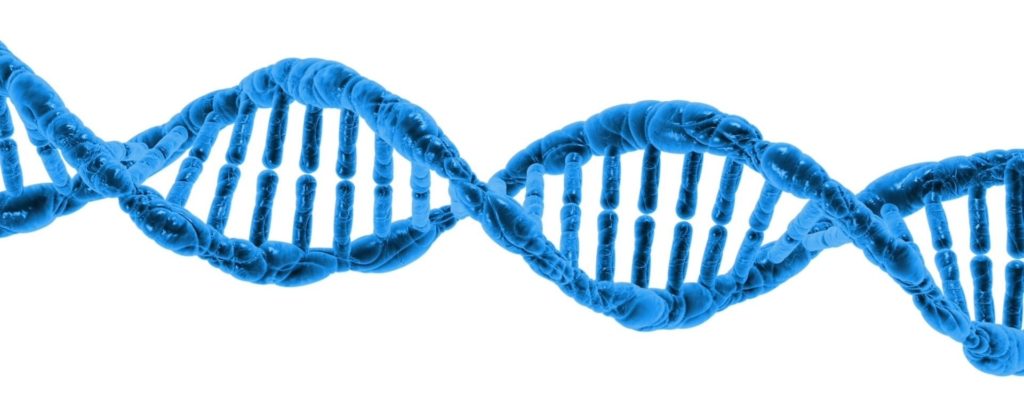Human Longevity! So you want to live longer and you’re wondering if you can make a difference or if it’s even worth the effort.
In this post we’ll explore if genetics are responsible for longevity so you can decide if you can make a difference in how long you live.
What Is The Definition Of Human Longevity?
Biologists define longevity as an average duration expected in optimal conditions. There is no perfect way of saying this.
Many medical experts are researching dietary and physical fitness, and whether certain medications or supplements will enhance longevity.

Research is conducted in mice and rats, as well as in human populations.
What Determines Your Life Expectancy?
Studies have shown that genes associated with longevity are passed down from generation to generation.
Some of these genes are associated with a longer life span, while others are associated with a reduced risk of developing age-related diseases.
Your attitude towards yourself, the environment, and some luck also play a big part in life expectancy.
Smoking, pollution, occupation, where you live, what you eat and access to medical services are all factors in how long you live.
What Are Human Longevity Genes?
Longevity genes are genes that have been linked to a longer life span.
Some of these genes are associated with a reduced risk of developing age-related diseases, while others are associated with a longer life span.
While genetics play a significant role in longevity, diet and lifestyle choices are also important.
Which Genes Are Responsible for Lifespan?
The heritability of longevity is the degree to which variation in lifespan is determined by genetic factors.
Some genes have been identified that affect a human’s longevity.
FOXO3A
For example, the FOXO3A gene is associated with a longer lifespan.
A study of Italian centenarians found that those with a particular version of the FOXO3A gene lived an average of 3.7 years longer than those without it.
Some genes involved in repairing DNA damage have also been linked to longevity.
It is thought that these genes help to protect cells from the effects of ageing.
APOE4
The APOE4 gene is associated with an increased risk of developing Alzheimer’s disease.
People with two copies of this gene have a three-fold increased risk of developing the disease compared to those without it. Therefore, APOE4 is also associated with a lower lifespan.
A study of Japanese centenarians found that those with the APOE4 gene lived an average of 4.5 years less than those without it.
Epidemiological studies are important for discovering risk factors associated with diseases, but have many limitations.
While genetics play a role in longevity, they are not the only factor.
Has Human Longevity Increased?
The human life span has increased dramatically over the past century.
In 1900, the average life expectancy was just 31 years. Today, it is more than double that at 72 years.
Longevity has increased rapidly over the past century, partly because of advances in medicine and other technologies.
Environmental improvements in the late 1800s extended the average age dramatically and improved access to health care, better housing conditions and health facilities.
The biggest was the public health improvement reducing the premature deaths of infants and increasing the likelihood of survival in early childhood.
Today most Americans live to around 81 years of age, but a few individuals live much more than 81.
Genetics Or Diet? Which Is More Important To Your Longevity?
There is no simple answer to this question. Both genetics and diet play important roles in longevity.
If you have genes that predispose you to a long life, you will likely live a longer life than someone without those genes.
However, if you eat a healthy diet and exercise regularly, you will also live a longer life than someone who does not make these lifestyle choices.
In the end, both genetics and diet are important factors in longevity.
How Can I Increase My Life Expectancy?
Some experts believe that genetics account for about 25 percent of the variation in longevity, while diet and lifestyle choices account for the remaining 75 percent.
This means that even if you have genes associated with longevity, you can still make choices that will shorten your lifespan.

For example, smoking cigarettes is known to shorten life span, even in individuals with genes associated with longevity. Smoking is known to reduce lifespan by around 10 years.
Obesity is also a risk factor for many diseases that can shorten lifespan.
So, while you may not be able to change your genes, you can change your lifestyle.
Making healthy choices can help you live a longer and healthier life.
Who Are The Experts On Human Longevity?
Some of the experts on human longevity are;
- Richard J. Hodes, M.D., Director of the National Institute on Aging’s (NIA) Intramural Research Program
- Nir Barzilai, M.D., director of the Albert Einstein College of Medicine’s Institute for aging Research
- Steven Austad, Ph.D., chair of the biology department at the University of Alabama at Birmingham and director of the UAB Nathan Shock Center of Excellence in the Basic Biology of Aging
- David Sinclair, Ph.D., co-director of the Paul F. Glenn Center for the Biology of Aging at Harvard Medical School
- David Buettner, author of “The Blue Zones: Lessons for Living from the People Who’ve Lived the Longest”
- Valter Longo, Ph.D., director of the Longevity Institute at the University of Southern California
Best Books To Read About Longevity
Here are a list of books that I recommend on the topic of longevity;
- The Longevity Diet, by Valter Longo
- The Blue Zones Kitchen, by Dan Buettner
- The Telomere Effect, by Elizabeth Blackburn and Elissa Epel
- Younger Next Year, by Chris Crowley and Henry S. Lodge
- The Sweet Potato Diet, by Samantha Cassetty
- The Okinawa Program, by Bradley Willcox
- The Plant Paradox, by Steven R. Gundry
- The Longevity Solution, by Jason Fung and James DiNicolantonio
Summary
In conclusion, human longevity is determined by a combination of factors, including genetics, diet, and lifestyle choices.
While you can’t change your genetics (yet), making healthy choices, such as eating a healthy diet and exercising regularly, can help you live a longer life.
Some scientists think 93% of your longevity chances are determined by lifestyle, which is why it is so important to look at what you’re doing to live longer.
Find Your Tribe and Join the Longevity Whale Community. The group is a great place to share information and get ideas from other people looking at ways to increase their lifespan and live healthier for longer.






